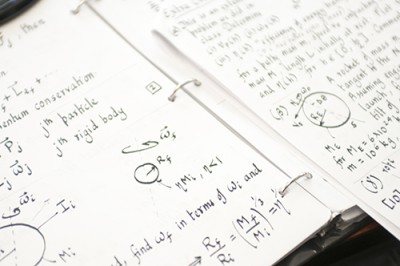The U.S. Department of Energy (DOE) today announced $29 million to develop new tools to analyze massive amounts of scientific information, including artificial intelligence, machine learning, and advanced algorithms. All have the potential to reveal critical new insights—and even new discoveries—in research that can help tackle clean energy, climate, and national security challenges for the American people.
Modern scientific facilities, instruments, and high-performance computing tools are able to generate a volume of data that traditional analysis methods can struggle to interpret efficiently—for example, electron microscopes can generate a terabyte, or one million million bytes, of data in a single experiment. Advanced analysis methods can benefit multiple scientific fields and inform cutting-edge solutions to complex problems by:
- Identifying patterns that are impossible for humans to detect: Up to $21 million of today’s announcement will focus on machine learning, a process that allows researchers to identify patterns that are difficult or impossible for humans to detect, at speeds hundreds to thousands of times faster than traditional data analysis techniques. Up to $14 million of the $21 million in planned funding is contingent on congressional appropriations.
- Making large datasets simple to understand: Up to $8 million in funding will support the development of “randomized” algorithms, which use random sampling as a way of systematically simplifying extremely large datasets for practical analysis. These hold the potential to be significantly more accurate than current methods based on “best guess” or human intuition.
More information is available on DOE’s Office of Advanced Scientific Computing Research’s (ASCR) funding opportunities page.




